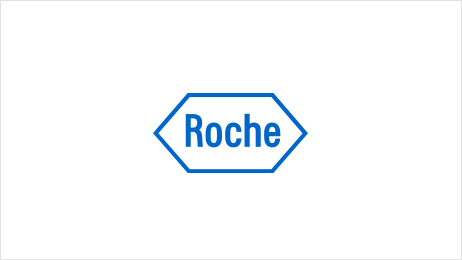New safety data show a consistent benefit-risk profile across all Ocrevus clinical trials

Roche announced new long-term data that reinforce the benefit of early initiation and ongoing treatment of Ocrevus (ocrelizumab) on disability progression in relapsing multiple sclerosis (RMS) and primary progressive MS (PPMS), as well as safety outcomes for analysis of shorter 2-hour infusion in minority populations. Ocrevus data from all clinical trials consistently show a favourable benefit-risk profile over eight years.
“Many neurologists have had first-hand experience with Ocrevus over eight years in clinical trials and witnessed the consistently favourable efficacy and safety outcomes in RMS and PPMS, especially the reductions in progression to disability when given early in the disease,” said Levi Garraway, M.D., Ph.D. Roche's Chief Medical Officer and Head of Global Product Development. “Additionally, the new safety analysis of the shorter two-hour Ocrevus infusion is encouraging particularly for groups that are often underrepresented in clinical trials. We continue our commitment to diversity and health equity in clinical trial participation and access to treatment.”
Long-term Ocrevus treatment continues to demonstrate a sustained reduction in disability progression and suppression of disease activity in people with RMS. Earlier intervention with Ocrevus resulted in a 35% reduction in the risk of patients with RMS needing a walking aid over seven and a half years compared with patients who switched from interferon beta-1a to Ocrevus after the 96-week double-blind period (5.2% vs 7.0%, respectively; 95% CI: 0.65 [0.44–0.97]; p=0.034). The risk was measured by the length of time until a person reached a score on the Expanded Disability Status Scale of 6 or greater (EDSS≥6) that was sustained for at least 48 weeks in a post-hoc analysis. Data also showed that switching from interferon beta-1a to Ocrevus at the start of the OLE period was associated with a rapid and robust reduction in annualised relapse rate (ARR) that was maintained through the 5.5-year OLE period. ARR was 0.2 pre-switch, 0.1 after 1 year of Ocrevus treatment and 0.03 after 5.5 years of Ocrevus treatment in the OLE. Ocrevus continuers maintained a low ARR of 0.03 after 7.5 years of Ocrevus treatment.
The drug is approved in 97 countries across North America, South America, the Middle East, Eastern Europe, as well as in Australia, Switzerland, the United Kingdom and the EU.

Subscribe To Our Newsletter & Stay Updated